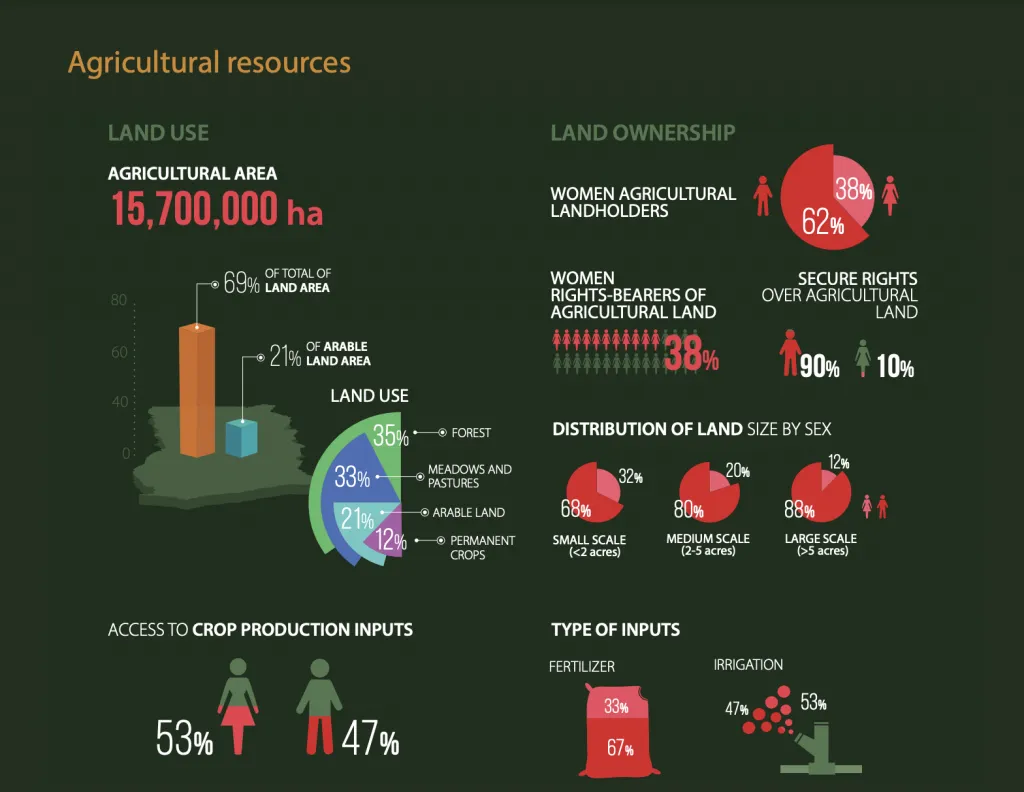In the sun-scorched fields of northern Ghana, a quiet revolution is underway, one that could reshape how we think about climate-smart agriculture (CSA) and gender dynamics in farming communities. A recent study published in the journal *Scientific African* (translated to English as “African Science”) sheds light on the intricate relationship between farmer prioritization and the adoption of CSA practices, revealing surprising insights that challenge conventional wisdom.
At the heart of this research is Albertina Kakora Jarawura, a dedicated scholar from the University for Development Studies in Tamale, Ghana. Her work, conducted with 394 farming couples, delves into the nuanced world of farmer decision-making, uncovering a complex interplay between gender, priorities, and the actual uptake of climate-smart practices.
The study reveals that while husbands and wives in these farming communities share remarkably similar priorities when it comes to CSA practices, significant gender disparities emerge in their actual adoption. Both genders prioritize practices like organic amendments, climate information services, and legume cultivation, driven by factors such as productivity enhancement, soil fertility improvement, and economic affordability. However, these shared priorities do not always translate into equal uptake.
“Farmer prioritization serves as the strongest predictor of actual CSA uptake,” explains Jarawura. “But we found a ‘mitigation paradox’ where farmers systematically deprioritize practices based on their climate mitigation potential. This challenges existing assumptions about farmer motivations.”
This paradox suggests that farmers are more influenced by immediate economic and productivity benefits rather than long-term environmental impacts. The research also highlights that structural constraints, rather than intrinsic differences in preferences, drive the observed gender gaps in CSA adoption.
The findings have profound implications for the energy sector, particularly in the context of bioenergy and agricultural innovations. As the world seeks to transition towards more sustainable and climate-resilient agricultural practices, understanding the nuances of farmer decision-making becomes crucial. The study underscores the need for participatory prioritization approaches in designing CSA interventions that align with farmer preferences while addressing institutional constraints.
“Successful scaling of CSA requires understanding farmer priorities and addressing gender-specific structural barriers,” Jarawura emphasizes. “Policies should focus on participatory prioritization approaches for designing more effective, gender-responsive CSA interventions.”
The research published in *African Science* challenges current CSA promotion approaches, advocating for a more inclusive and participatory model that considers the unique priorities and constraints of farming communities. By doing so, it paves the way for more effective and equitable agricultural practices that can drive sustainable development and resilience in the face of climate change.
As the world grapples with the complexities of climate change and the need for sustainable agriculture, Jarawura’s work offers a compelling narrative that bridges the gap between scientific research and practical application. It is a story of resilience, innovation, and the quiet revolution happening in the fields of northern Ghana, one that has the potential to shape the future of agriculture and energy sectors worldwide.

